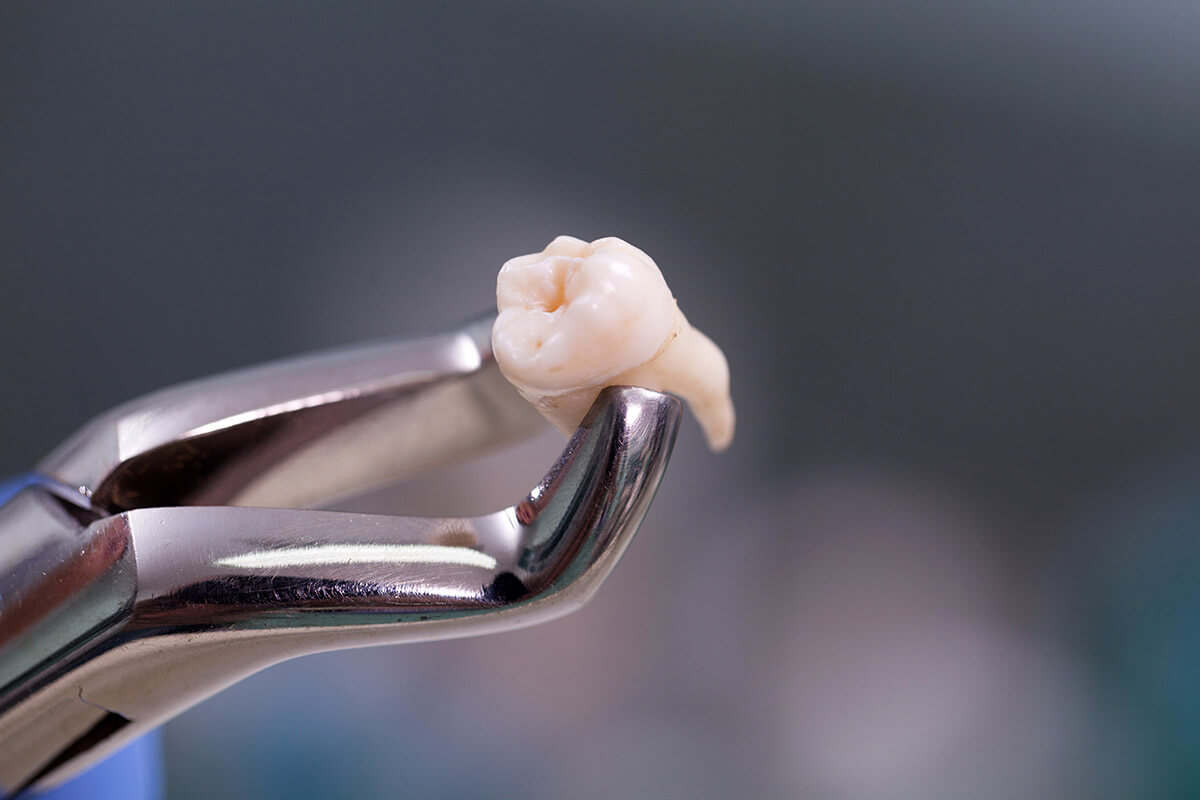Wisdom Teeth Removal: Unveiling the Cost
Wisdom teeth, also known as third molars, are the last teeth to erupt, typically between the ages of 17 and 25. However, these teeth often lack sufficient space in the jaw and can cause various problems like impaction, crowding, or infection. In such cases, wisdom teeth removal becomes necessary. This comprehensive guide delves into the factors influencing the cost of wisdom teeth removal, explores various cost components, and offers a helpful FAQ section to address your budgetary concerns.
Understanding the Cost Factors
The cost of wisdom teeth removal can vary significantly depending on several factors:
- Geographic Location: Costs typically vary by region, with urban areas generally having higher dental fees compared to rural areas.
- Complexity of the Procedure: Simple extractions of fully erupted wisdom teeth are less expensive than surgical removal of impacted teeth that require bone or gum tissue removal.
- Type of Anesthesia: Local anesthesia with sedation or nitrous oxide is usually less expensive than general anesthesia that requires complete unconsciousness.
- Dentist vs. Oral Surgeon: Oral surgeons typically charge higher fees due to their specialized training and experience in complex extractions.
- X-rays and Additional Diagnostics: Costs might include pre-operative X-rays (panoramic X-ray or 3D cone beam CT scan) to assess tooth position and jaw anatomy.
- Facility Fees: The facility where the surgery is performed (hospital outpatient center vs. dental office) might add to the overall cost.
Breakdown of Cost Components
Here’s a breakdown of the typical cost components for wisdom teeth removal:
- Surgeon/Dentist Fee: This is the primary cost and varies depending on the factors mentioned above.
- Anesthesia Fee: The type of anesthesia used influences this cost.
- Facility Fee: The surgical facility might charge a separate fee for using their operating room and equipment.
- X-ray and Diagnostic Fees: Costs associated with pre-operative X-rays or scans.
- Medication: Antibiotics or pain medication prescribed after surgery might incur additional charges.
Estimating the Cost
While providing a definitive cost is impossible without considering your specific situation, here’s a general range:
- Simple Extraction (Local Anesthesia): $200-$600 per tooth
- Surgical Extraction (Local Anesthesia): $600-$1000 per tooth
- Surgical Extraction (General Anesthesia): $800-$1200+ per tooth
Insurance Coverage
Dental insurance typically covers a portion of wisdom teeth removal costs, especially for medically necessary extractions. However, coverage varies depending on your specific plan. Here’s what to consider:
- Check your policy details: Review your dental insurance plan to understand your coverage for wisdom teeth removal. This includes the percentage covered, annual maximums, and any pre-authorization requirements.
- Contact your insurance provider: Call your insurance company and explain your situation. They can provide an estimated cost based on your plan and procedure details.
Financing Options
Some dental offices or surgical centers offer financing plans for patients who need help managing the cost of wisdom teeth removal. Explore these options if you require financial assistance.
Saving on Costs
Here are some tips to potentially reduce the cost of wisdom teeth removal:
- Get quotes from multiple dentists or oral surgeons: Compare fees and discuss your budget concerns with different providers.
- Consider alternative facilities: Surgery at a dental office might be less expensive than a hospital outpatient center.
- Ask about bundled pricing: Some providers offer package deals that include all fees (surgery, anesthesia, X-rays) for a set price.
- Maximize your insurance coverage: Ensure you understand your insurance benefits and use your plan effectively.
FAQ on Wisdom Teeth Removal Cost
Q: How much does it cost to remove all four wisdom teeth?
The total cost can vary significantly, but generally ranges from $1,000 to $5,000+ depending on the factors mentioned above.
Q: Does insurance cover wisdom teeth removal?
Dental insurance often covers a portion of the cost, especially for medically necessary extractions. Check your specific policy details for coverage specifics.
Q: What are some financing options for wisdom teeth removal?
Some dental providers offer financing plans to help patients manage the cost. You can also explore third-party financing options.
Q: Is it cheaper to get all four wisdom teeth removed at once?
Removing all four teeth at once can sometimes be more cost-effective as it requires only one surgery and anesthesia administration. However, discuss this option with your dentist or oral surgeon to determine if it’s suitable for your situation.
FAQ on Wisdom Teeth Removal Cost
Q: What if I don’t have dental insurance?
If you don’t have dental insurance, the full cost of wisdom teeth removal will be your responsibility. Explore the options mentioned above like comparing quotes, considering alternative facilities, and inquiring about bundled pricing to minimize the financial burden. Some dental schools offer wisdom teeth removal at a reduced cost by students under the supervision of licensed dentists.
Q: What happens if I can’t afford to get my wisdom teeth removed?
If you’re experiencing wisdom teeth problems but can’t afford removal, neglecting the issue can lead to complications like infection, jaw pain, or damage to surrounding teeth. Consider these options:
- Talk to your dentist: Discuss your financial limitations. They might be able to offer a payment plan or work with you to find a cost-effective solution.
- Dental Schools: As mentioned earlier, some dental schools offer wisdom teeth removal at a reduced cost.
- Public Health Clinics: Free or low-cost dental clinics might be available in your area, especially for low-income individuals.
Q: Is it safe to get wisdom teeth removed at a dental school?
Wisdom teeth removal at a dental school can be a safe and affordable option. Procedures are performed by dental students under the supervision of experienced, licensed dentists. However, it’s important to research the dental school’s reputation and ensure they are accredited.
Q: Can I pay for wisdom teeth removal with a credit card?
Some dental offices and surgical centers accept credit cards for payment. This can be an option if you can manage the monthly payments. However, be mindful of interest rates associated with credit card use.
Important Note:
The information provided in this guide is intended to be educational and shouldn’t be a substitute for professional dental advice. Always consult with a qualified dentist or oral surgeon to discuss your individual situation, treatment options, and associated costs for wisdom teeth removal. They can provide a personalized estimate based on your specific needs and insurance coverage.




